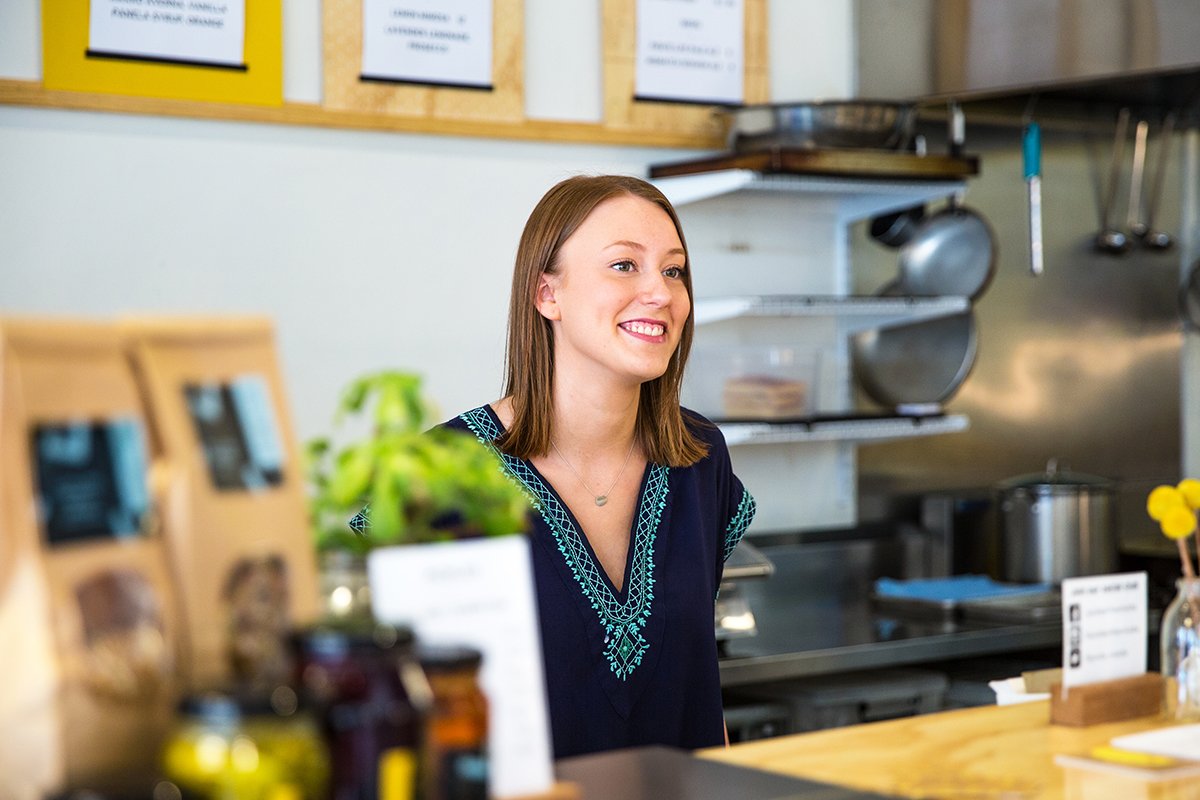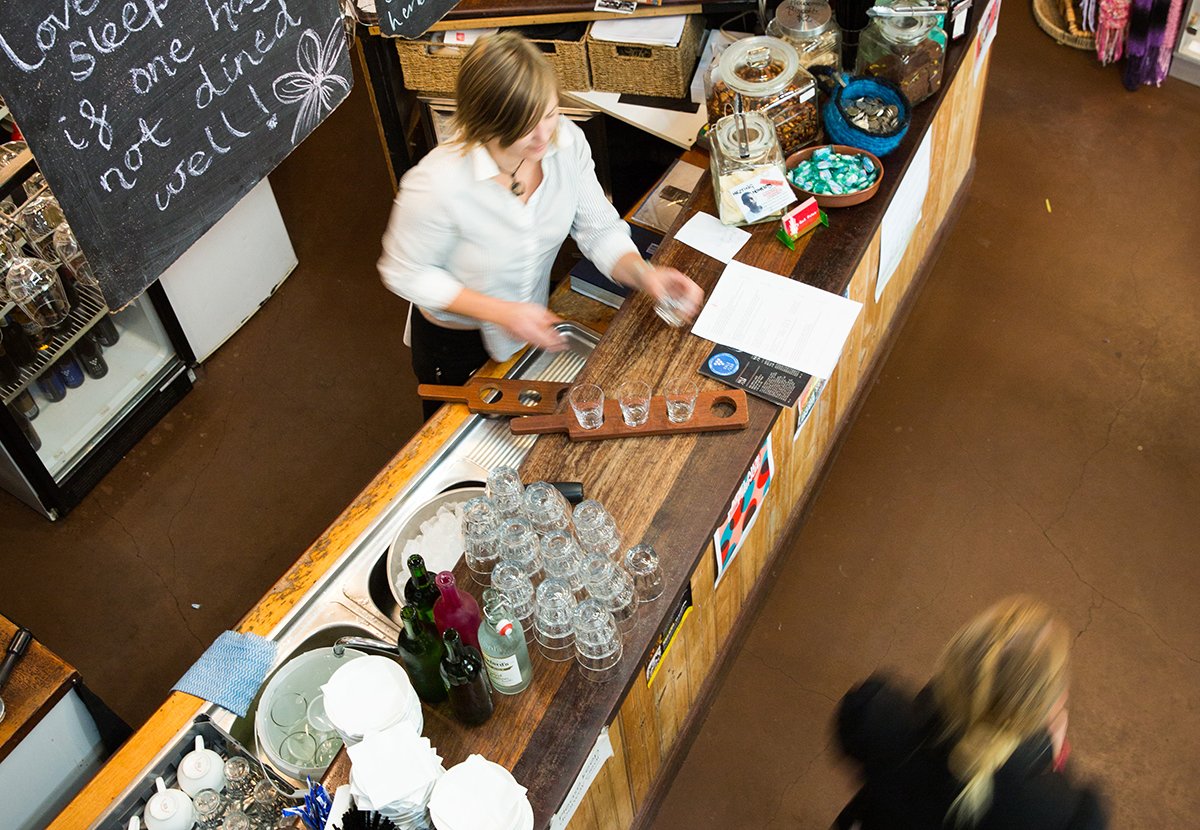-
Locations
Campuses in Europe & Middle EastCampuses in The AmericasCampuses in AsiaLe Cordon Bleu International
- Online Learning
Contact your local representative - Our Story
- Programmes
- Brochures
- News & Events
- Contact
- Find Course

Cafés create waste in terms of expired or leftover food and single-use packaging. Australian cafes produce as much as 7.3 kg of waste for each full-time employee daily, according to the New South Wales Environment Protection Authority (EPA). With 54,785 full-time café managers in 2017 (Australian Bureau of Statistics Data) the sector produces around 399,930 kg of waste every day.
Not only is this a huge amount of waste, a large portion of it is food that has been disposed of before it even reaches the customer. Interim data from RMIT project Watch My Waste reveals that on average 24 per cent of weekly business turnover is spent on food and around 40 per cent of those purchases end up in the bin. Meanwhile, EPA data from 2008 suggests this proportion could be as high as 74 per cent.
When food is wasted it costs the business and if not disposed of properly, can have major environmental impacts. Food put into landfill for example, starts to create methane which is over 20 times more powerful than carbon dioxide as a greenhouse gas. Furthermore, food waste represents thousands of litres of wasted water from paddock to plate.

Despite the high volume of waste in the industry, there are a number of ways successful hospitality managers can reduce their business' environmental impact.
Effectively managing waste and other aspects of a cafe can be extremely challenging. To develop a diverse skill set across small business management apply for a Le Cordon Bleu Advanced Diploma of Hospitality Management. With options to specialise in Commercial Cookery or Patisserie, this two-year course will equip you with the insights to work as café or restaurant manager or open your own business.
Copyright © 2026 Le Cordon Bleu International B.V. All Rights Reserved.